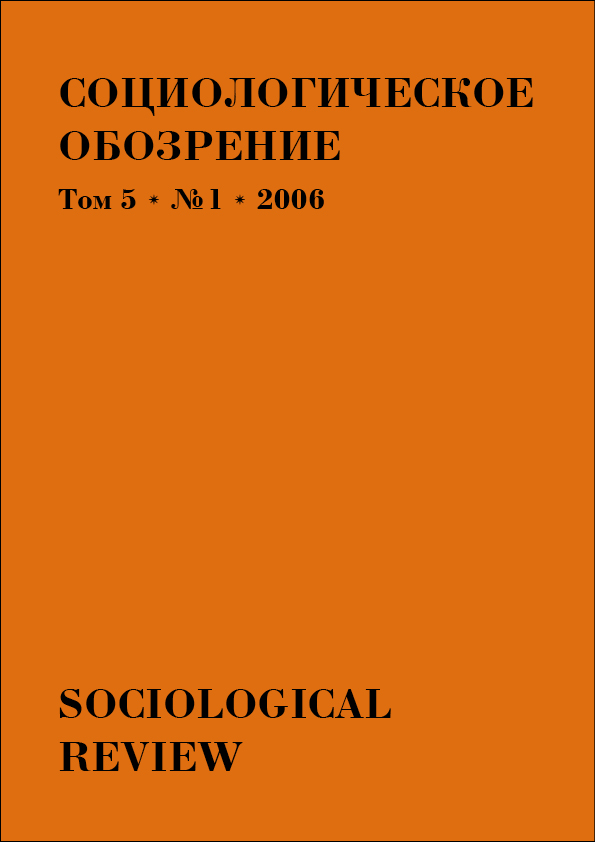Abstract
Interest in everyday life has been rekindled in modern social theory under the influence of «practice turn». In a series of popular theoretical works the notion «practice» pretends to have the status of a universal explanatory category, and everyday life is interpreted as an intersection of more or less structured flows of interaction. However, there is a hidden distinction behind this «more or less» view, which is ignored by the «practice turn» adherents. Switching over from segments of activity to a form of their organization, and consistent study of structure and syntax of interaction bring about an alternative «non-practical» logic of comprehending everyday reality. This logic is traditionally connected with the late works of Erving Goffman and, particularly, his theory of frames. The article presents a review of Goffman’s cult book «Frame Analysis: an Essay on the Organization of Experience», which caused development of frame-analysis in sociology of everyday life.Downloads
Download data is not yet available.
